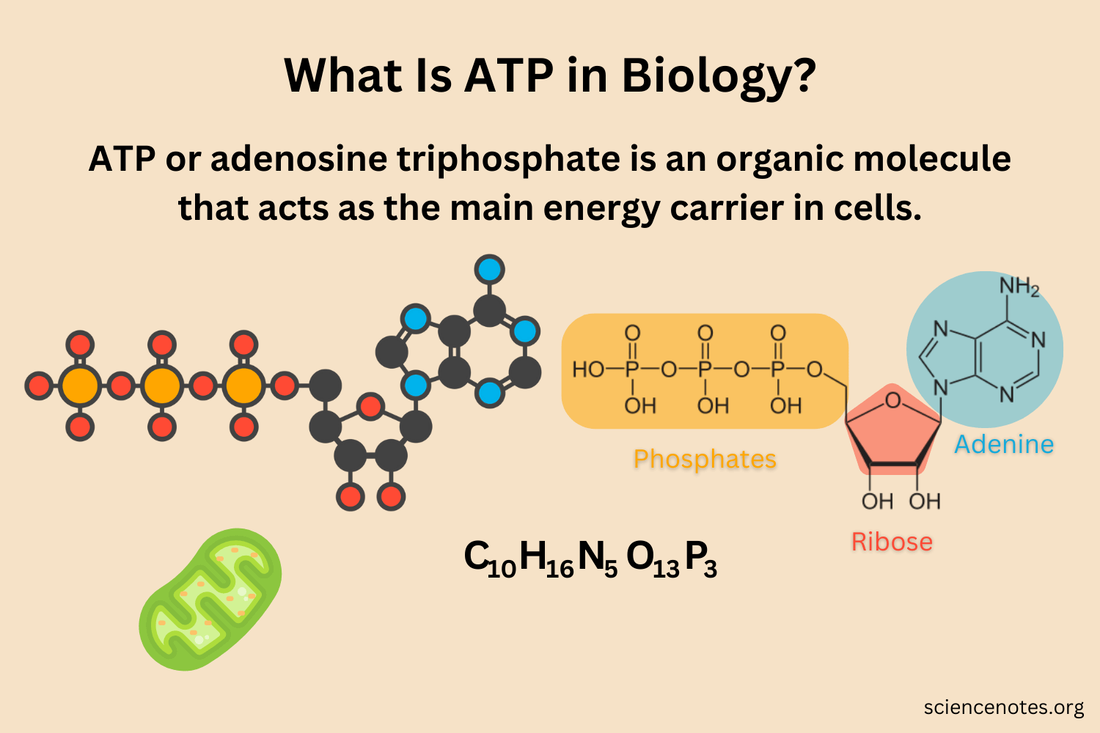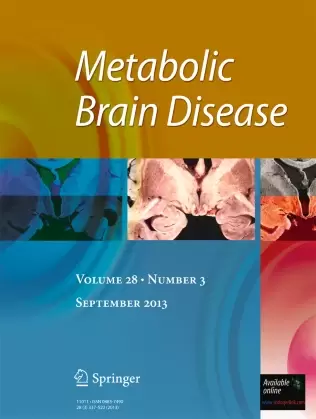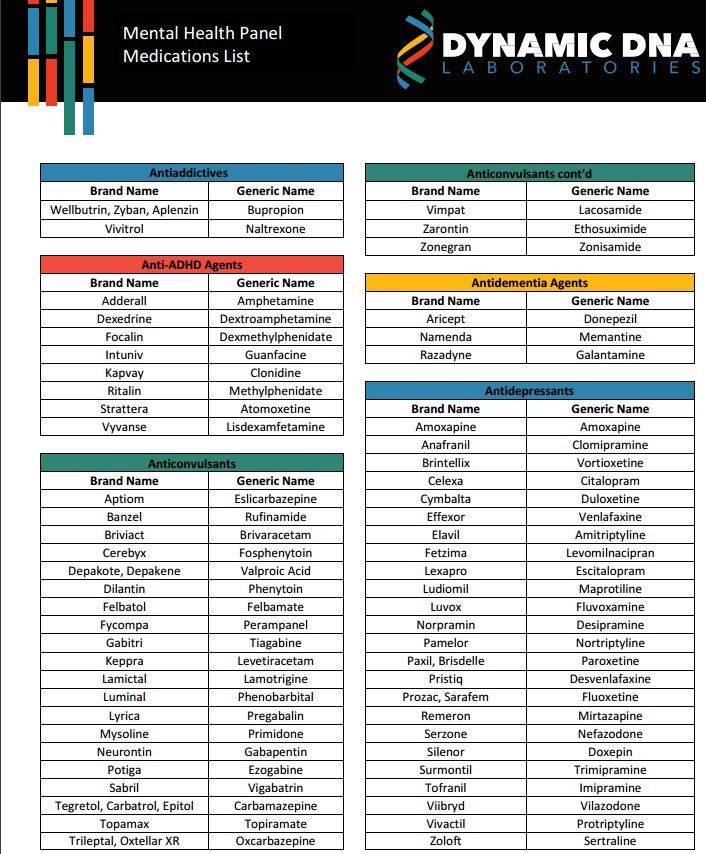Maternal Inflammation During Pregnancy and Offspring Brain Development: The Role of Mitochondria (2022)
Fatty acid metabolism consists of various metabolic processes involving or closely related to fatty acids, a family of molecules classified within the lipid macronutrient category. These processes can mainly be divided into (1) catabolic processes that generate energy and (2) anabolic processes where they serve as building blocks for other compounds. In catabolism, fatty acids are metabolized to produce energy, mainly in the form of adenosine triphosphate (ATP). When compared to other macronutrient classes (carbohydrates and protein), fatty acids yield the most ATP on an energy per gram basis, when they are completely oxidized to CO2 and water by beta oxidation and the citric acid cycle.[2] Fatty acids (mainly in the form of triglycerides) are therefore the foremost storage form of fuel in most animals, and to a lesser extent in plants.
More Hard Issues: Homicidality, SUICIDALITY and the Imperfect world of psychiatric medications1/24/2024
Our current classification system contained in the DSM 5 is not supported by the research.
Neurodevelopmental disorders (NDD) without boundaries: research and interventions beyond classifications (2023)
|
Translational Medicine FridayWe're riffing off NPR's Science Friday to create Translational Medicine Friday. Archives
July 2025
Categories |



































 RSS Feed
RSS Feed